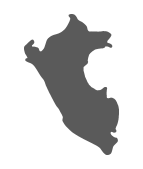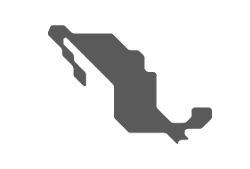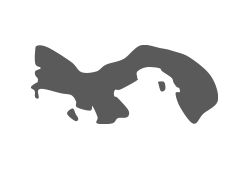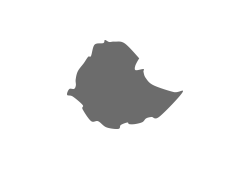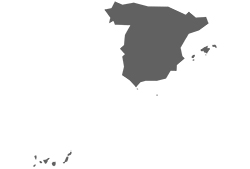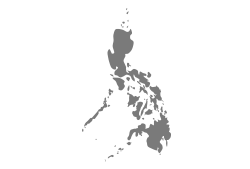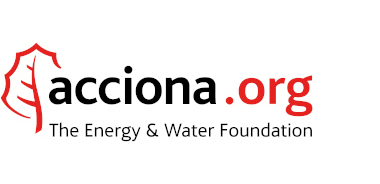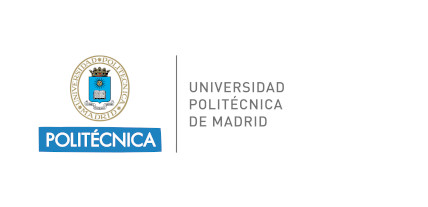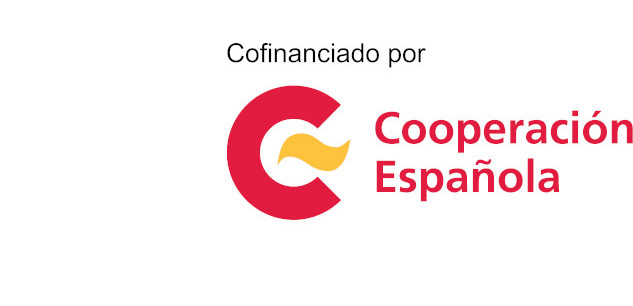CONSOLIDATING THE ELECTRICITY DELIVERY MODEL FOR THE AMAZONIA AND IMPROVING PROCESSES TO FACILITATE THE SUSTAINABILITY
Once the first phase of escalation of Luz en Casa Amazonia ended, we are developing a new project that brings our electricity service through third generation solar home systems with prepayment -which is regulated since summer 2018-, to 1,107 households by the Napo, Ucayali and Amazonas rivers basins, for which there are not electrification plans. We have also started 2 Centros Luz en Casa to give services in the basins added to our operation: Ucayali and Amazonas.
We have also improved our procedures to facilitate the sustainability of the action in the long term. Our partner in this project, the Technical University of Madrid, has carried out an analysis and an evaluation of the processes and procedures to boost the escalability of Luz en Casa Amazonia, and it has revised and implemented improvements in our service exploitation management system.
In addition, we are strenghtening our processes to consider international standards related to indigenous peoples rights. This aspect is essential for acciona.org, because we implement our projects in areas with many indigenous groups living in.
The project was co funded by AECID -the Spanish Agency for International Development Cooperation-, through the 2018 call for subsidies to innovation actions for development.
HOUSEHOLDS SUPPLIED WITH ELECTRICITY
BENEFICIARIES
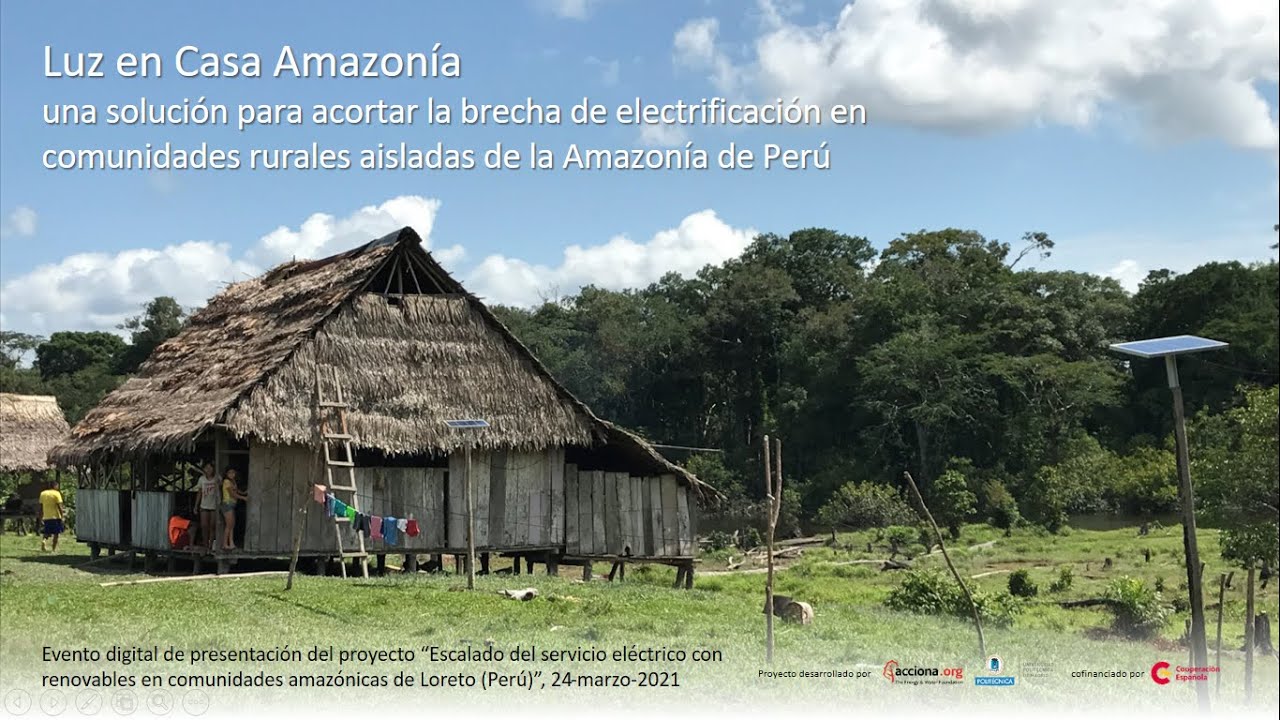
EVALUATION OF THE PROJECT
After the end of the project, an external evaluation was developed. It showed the following results, among other, from the surveys conducted in a representative sample of the benefited households:
- Most frequent uses of the electricity provided: lighting (100%), charging of -mainly mobile phone- batteries (67.2%) and listening to the radio (21.3%).
- Impacts figured out:
- Easing the homework: children, many times helped by their parents, extend the hours of learning in the night, besides they read and use mobile phone (in areas with coverage).
- Generation of income: in the night small shops can give service and other productive tasks are carried out, such as cooking, crafting, fishing (with the torch) and selling fish.
-
Family savings: lower expenditure in energy (80% households state having savings of at least 60%) and no expenditure in transportation to go buying alternative energy elements (in the Amazonia journeys are expensive and long).
More than 50% families use savings in buying foods. They also buy other first need articles, as well as school supplies.
16% families use savings in buying goods for their small shops, fuel for their rowboats and food for their animals.
Finally, the majority of the interviewed people recommend the Luz en Casa Amazonia service, stating that it is good and cheap and that having lighting makes their homes safer for their children.
COVID-19
The project was developed, for many months, during the COVID-19 pandemic. People interviewed valued having lighting to attend to sick persons and to prepare and give them their traditional medicines. They also expressed that they were informed about what was happening by using the radios connected to the systems and that they could communicate by mobile phone (in areas with coverage) with the health centres. In addition, the responsible of a health centre used the system to charge the megaphone they used for the emergency calls to the community.
100% HOUSEHOLDS WITH CHILDREN EXTEND THE LEARNING HOURS (AVERAGE 3H STUDYING)
20% HOUSEHOLDS INCREASE THE INCOME DUE TO INCREASE PRODUCTIVE ACTIVITY
97% HOUSEHOLDS SAVE FROM REDUCING ENERGY EXPENDITURE AND JOURNEYS
93,4% HOUSEHOLDS RECOMMEND THE LUZ EN CASA AMAZONIA SERVICE TO NEIGHBOURS

